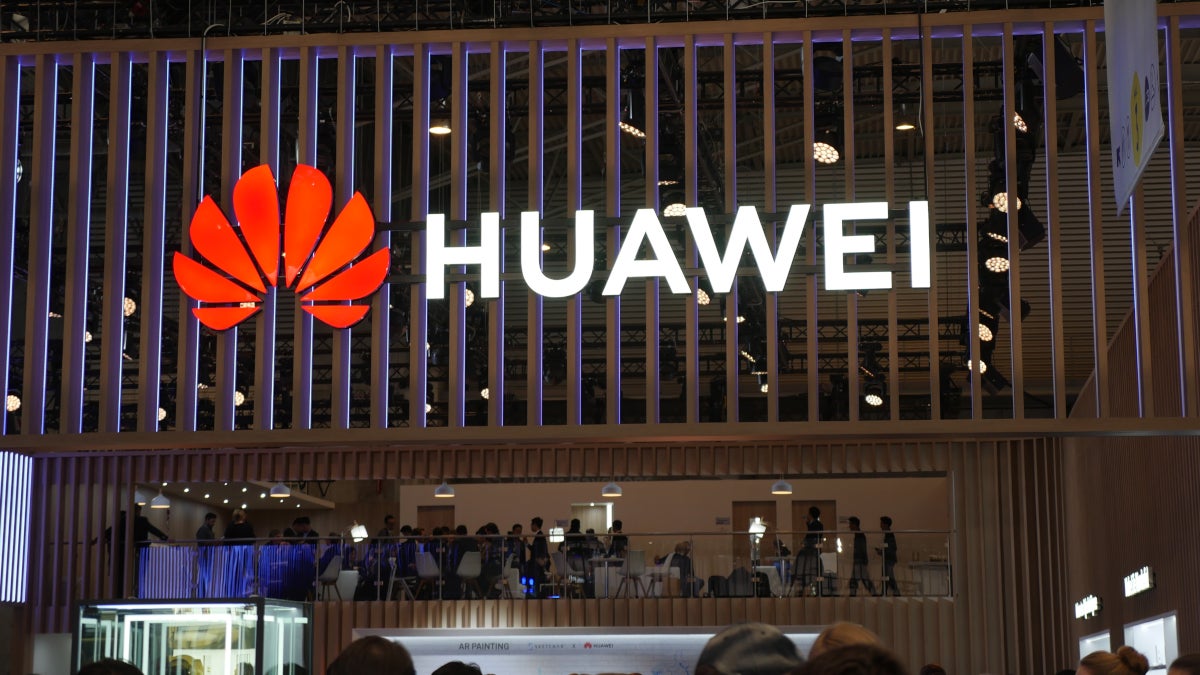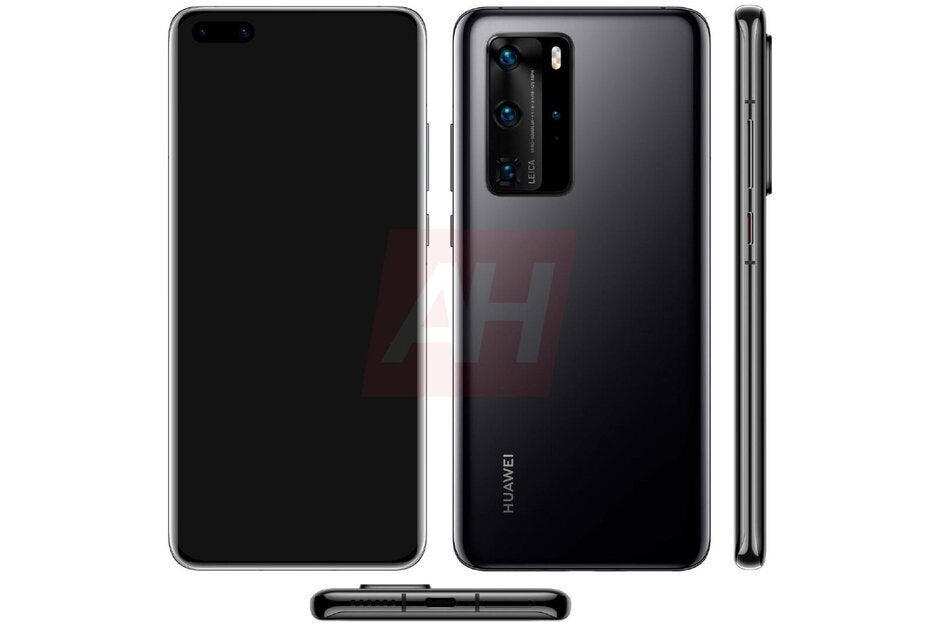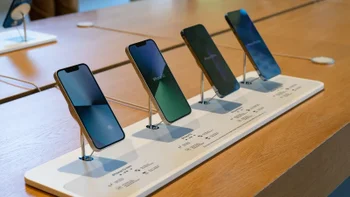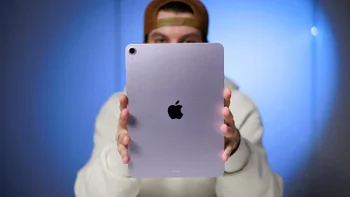Huawei's founder expects the U.S. to dial up its attack on the company

Things were going along just swimmingly for Huawei at the beginning of 2019. Then May 15th arrived and things changed. The U.S. Commerce Department put Huawei on the entity list due to security concerns. As a result, the manufacturer is unable to access its U.S. supply chain, which it spent $11 billion on in 2018. Huawei said that it had anticipated such an action and had built up inventories of some parts.
But what Huawei could not do was quickly replace Google's licensed version of Android. This prevents Huawei's newer models from using Google's Android apps such as Maps, Search, the Google Play Store, Gmail, Drive and more. This really doesn't affect Huawei's domestic sales since most Google apps are banned in China anyway. But it does put a crimp on the firm's international sales. Huawei used an open-source version of Android for its Mate 30 flagship series and installed its own AppGallery storefront. For the upcoming P40 family, the company will introduce its own Huawei Mobile Services and include a mapping app powered by TomTom.
The U.S. might escalate its attack on Huawei says company founder Ren Zhengfei
Can things get worse for Huawei? You bet they can. One way they are able to purchase the components and software they need is by buying them through foreign companies. As long as a foreign-made component consists of less than 25% U.S.-origin content by value, the U.S. has no control over its purchase by a foreign entity like Huawei. But the Commerce Department is considering reducing the threshold to 10% which would, for all intents and purposes, do further harm to Huawei.

Render of the upcoming Huawei P40 Pro
CNBC reports today that Huawei founder and CEO Ren Zhengfei predicts that the U.S. might escalate its attack on the world's second largest smartphone manufacturer. At the World Economic Forum in Davos, Switzerland, Ren said, "This year the U.S. might further escalate their campaign against Huawei, but I feel the impact on Huawei’s business would not be very significant." Ironically, U.S. President Donald Trump is attending the same economic conference. The executive added, "This year in 2020, since we already gained experience from last year and we got a stronger team, I think we are more confident that we can survive even further attacks."
At the beginning of last year, Huawei forecast that it would ship 300 million smartphones during 2019 and perhaps take over the top spot from long-time leader Samsung. While global sales were impacted by the U.S. supply chain ban, Huawei was the beneficiary of a rise in patriotism among Chinese consumers. The latter felt that Huawei was the subject of unfair U.S. bullying tactics. The company says that it shipped 240 million smartphones last year and while it didn't top Samsung, Huawei did finish in second place above Apple.
Referring to its plan to stock up on parts ahead of the supply chain ban, Ren said that Huawei spent billions of dollars on what he called "Plan B." The executive pointed out that if not for the United States aggression toward Huawei, it would not have had to spend that money. He noted, "If we had this sense of security from the U.S., we did not have the need to come up with these backup plans. Since we didn’t have that sense of security, we spent hundreds of billions to put our own plan B. That’s why we withstood the first round of attack." Ren added that the U.S. seems to be "overconcerned" with Huawei.
The U.S. currently considers Huawei to be a national security threat because, under Chinese law, the company can be forced to gather intelligence on behalf of the Chinese government. This has lead lawmakers in the states to worry about backdoors placed in Huawei's phones and networking gear. The manufacturer has constantly denied these allegations.
Follow us on Google News













Things that are NOT allowed:
To help keep our community safe and free from spam, we apply temporary limits to newly created accounts: